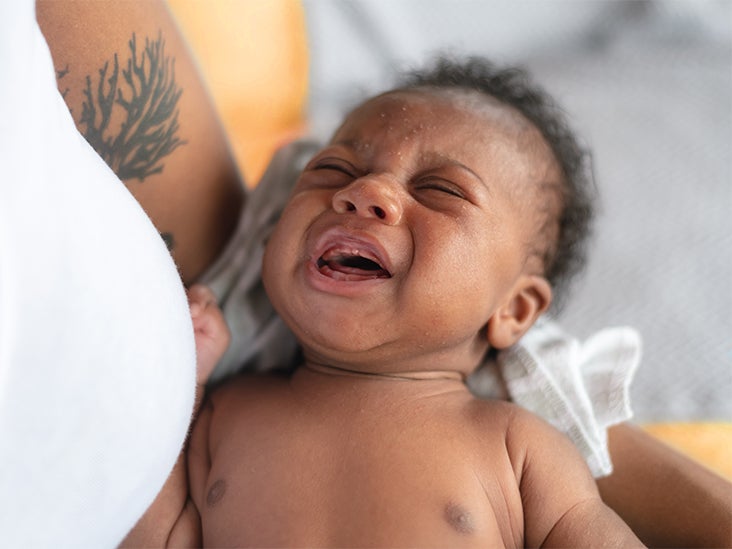baby crying loud when breastfeeding
For most of us nipple stimulation. A food sensitivity can be difficult to figure out.

Baby Cries During Breastfeeding Effective Ways To Deal With It
Do your best to calm the crying offer plenty of breastfeeding time or.

. A great time to try breastfeeding a fussy baby is just when the baby is waking up from sleep. Try giving breaks during feeds or changing the formula if the baby is fed one. Watch your babys accompanying behavior.
It is lactose-rich and watery. There are a number of reasons why this might be happening. 9 reasons baby is waking up crying hysterically.
A key indicator of a true seizure is abnormal eye movement along with body movements. It means air is entering around your babys lips. The first milk sucked by your baby during breastfeeding session is known as the foremilk.
If you are a parent trying to cope with a crying fretful baby you will know how distressing their prolonged crying is to themselves to you and to anyone nearby. Causes of Unexplained Crying. Some babies will fuss cry or pull off the breast during breastfeeding.
Baby Crying at the Breast Reason 1. On the other hand if immediately after you begin feeding your baby pulls off arches his back and kneads against your breast this means you have a slower let-down. Move to a calmer environment or place your baby in the crib.
Some reasons why babies cry during breastfeeding The Evening Fussies. To keep your baby from startling awake. The second reason babies cry is they need sleep.
If your baby isnt satisfied youll need to figure out the underlying problem causing discomfort. If your baby startles and cries they may need a little comforting to calm down. Wrap your baby in a blanket so they feel secure.
Crying right after a feeding could be a sign of heartburn. Side or stomach position. Harvey Karps 5 Ss for soothing a crying baby.
Sometimes though something we eat will trigger a reaction in our baby. Sometimes that reaction is screaming while nursing or shortly after nursing. However there may be deeper implications if you notice fever allergies or diarrhea symptoms.
But first if your baby is bottled-fed make sure that the discomfort isnt just from swallowed air. Too Much Too Little. If your baby seems to be crying for no reason pediatrician Harvey Karp advises parents to use the Five Ss which recreate the womb environment and activate your babys calming reflex.
Make sure you burp your baby after each feed. Picking up and cuddling or breastfeeding your fretful baby will not start bad habits or spoil them. An upset stomach colic or teething may be the reasons why your baby cries after feeding.
If your baby cough s or gags after you begin breastfeeding you may be having an over-reactive let-down. They stop crying at the onset of feeding. And if your baby startles themself awake they wont always settle back down to sleep easily.
Babies cry at the breast for usually one of three reasons. It can appear on the second week of life and disappear around the sixth month. As natural and wonderful as it is breastfeeding is not exactly the easiest way for baby to eat.
It may be swaddled and on their back. If your baby seems otherwise happy and content those noises are simply noises some babies are noisy. What to do if your baby startles easily.
By the end of the feeding they are happy. It is worse when a child is lying on their back. Frustration with flow discomfort or they want something else entirely.
He cries screams loudly and nothing can calm him his face is red and contorted his arms and legs are folded towards his stomach his tummy is hard and finally his terrifying. It is caused by excess. You hear your baby grunt squirm and gulp while breastfeeding but dont panic.
Breastfeed your baby during sleepy times. In traditional cultures where breastfeeding is the norm mothers usually respond to the babys crying or fussing by offering the breast. A babys cry is their way of communicating to their parents that they need something.
The results of the 2005 Infant Feeding Survey which collects information on infant feeding practices adopted by mothers from the birth of their baby up to around nine months found that while. Swaddle your newborn before setting them down to sleep. It takes 3-6 weeks for our milk to be rid of something.
They need their parent to put them in a comfortable position. Too much noise movement or visual stimulation also might drive your baby to cry. Called stridor or laryngomalacia this is a sound very young babies make when breathing in.
Think back to the last sports event or loud concert you attended. This will keep their arms and legs tucked against their body. Delayed flow Milk usually isnt ready to squirt into babys mouth at the first suck.
Usually the baby will nurse briefly three or four times per hour. Baby colic remains a mystery to the medical and scientific worlds. Its pretty common to see this type of behavior at around 6-8 weeks though it can occur at any time.
When you correct the latch the clicking sound should disappear. Many younger babies tend to have fussy hours in the evening when the baby is discontent and. How to soothe a crying baby Best ways to calm your crying baby 3.
White noise such as a recording of ocean waves or the monotonous sound of an electric fan might help your crying baby relax. Babies are way more prone to these alarming nighttime disturbances than adults are mostly because there are a ton of reasons why they might. Excessive crying can happen if you have a baby that.
This could happen if one of her lips usually the bottom is tucked in rather than flared out. So whats going on when a baby is crying at the breast. Add or remove a layer of clothing as needed.
In ours parents usually control it. A clicking noise is a sign that latch-on is not correct. Barr puts it in those cultures the baby controls the feeding process.
If you see these scary symptomsor if your baby has trouble breathing turns blue or the seizure lasts. Your baby is showing colic symptoms. If your baby is generally fussy not just when nursing see My baby is fussy.
Hindmilk is found at the back of the milk-producing cells and comes later in the feed. The most common reason babies cry is because they are hungry. Many babies cry while breastfeeding due to the flow of milk.
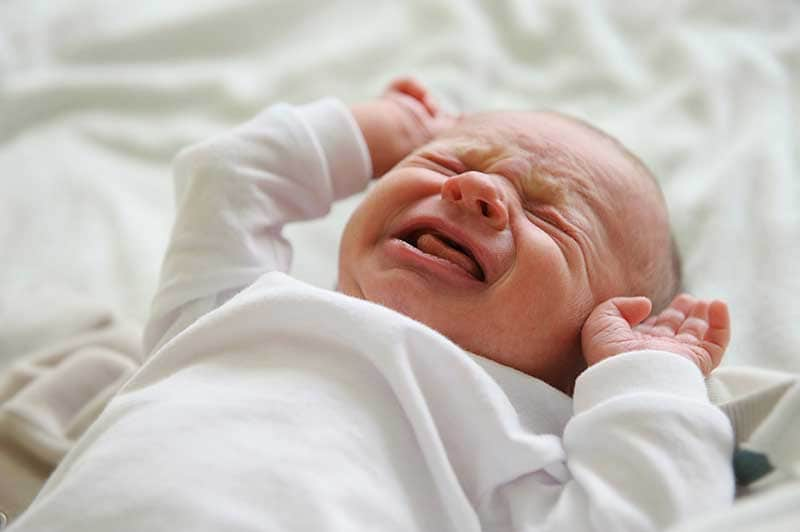
Overfeeding A Fussy Baby Is Your Crying Baby Hungry Strong4life
How To Make A Baby Stop Crying Tips For Soothing A Fussy Newborn
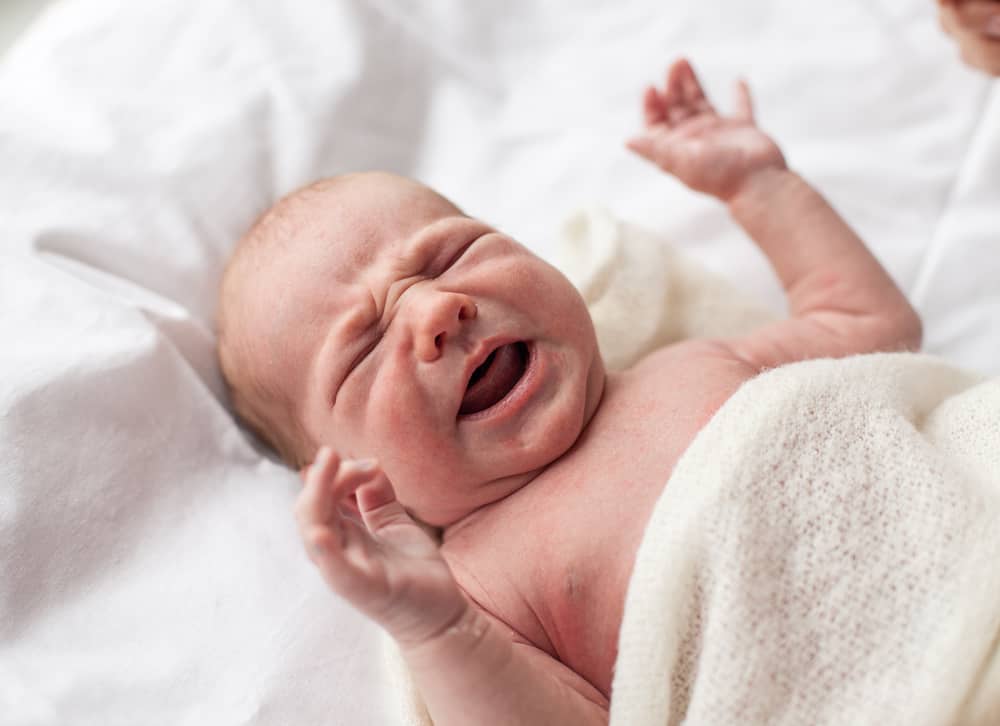
Decoding Baby Crying 8 Types Of Crying You Might Hear Momlovesbest

Baby Crying 10 Reasons Why Babies Cry Bellybelly
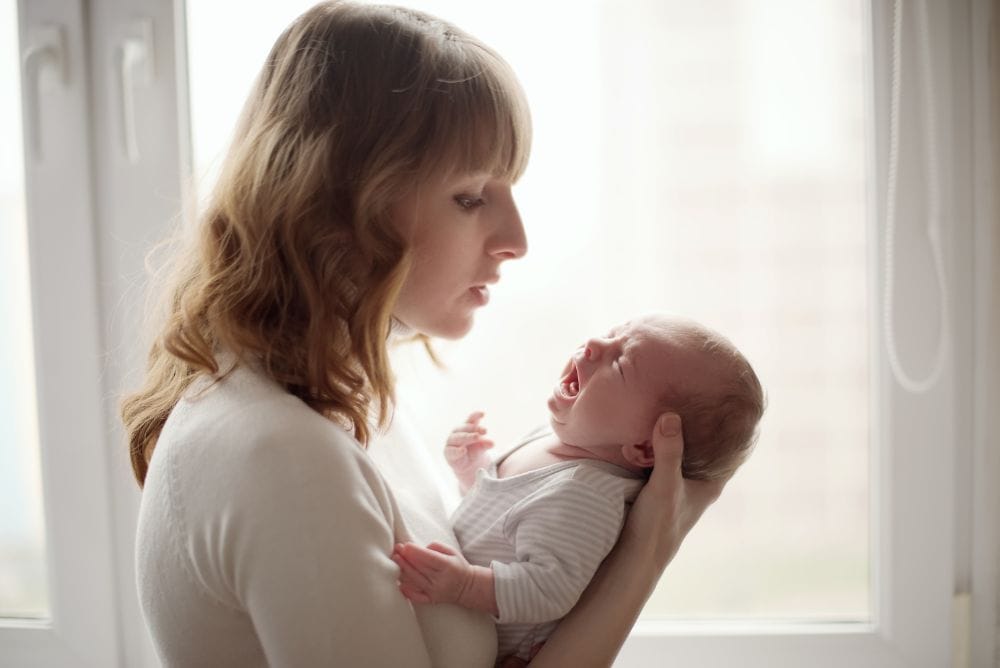
Baby Fusses Or Cries During Feeding Causes Solutions
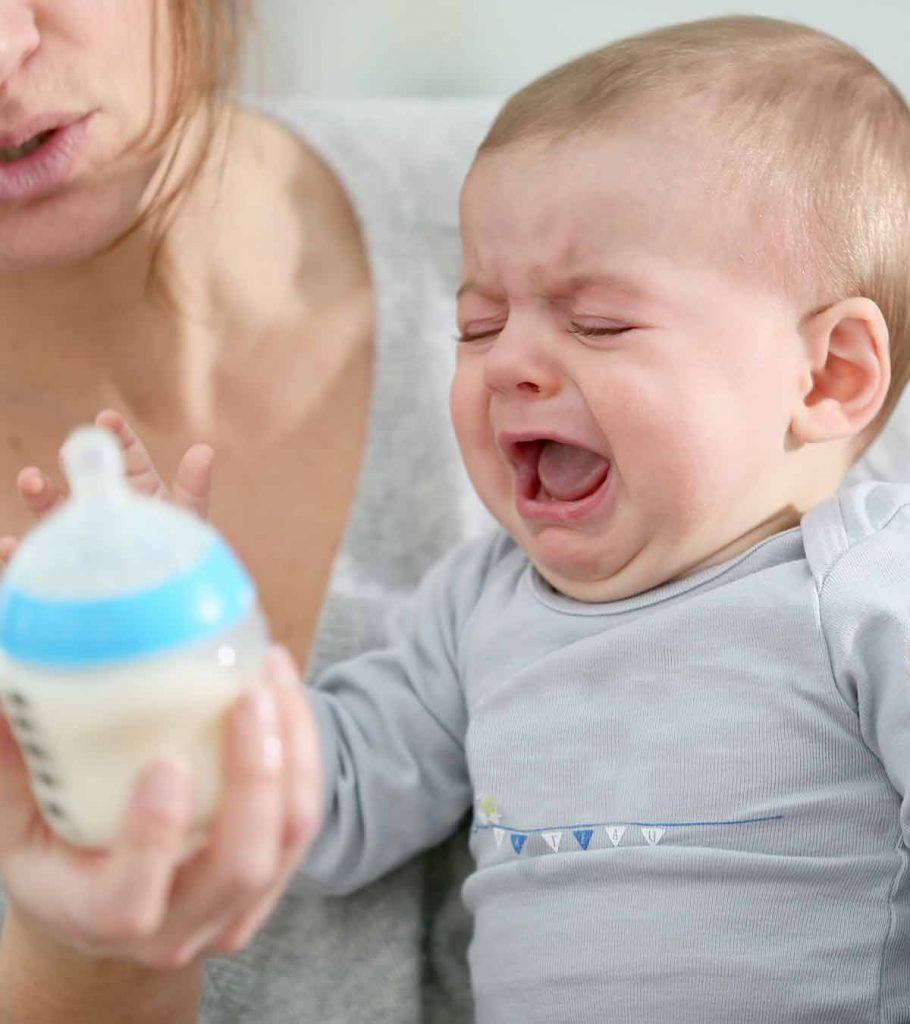
5 Different Types Of Baby Cries And Their Reasons

Colic What To Do When Your Baby Cries Excessively Eastern Idaho Regional Medical Center Idaho Falls Id
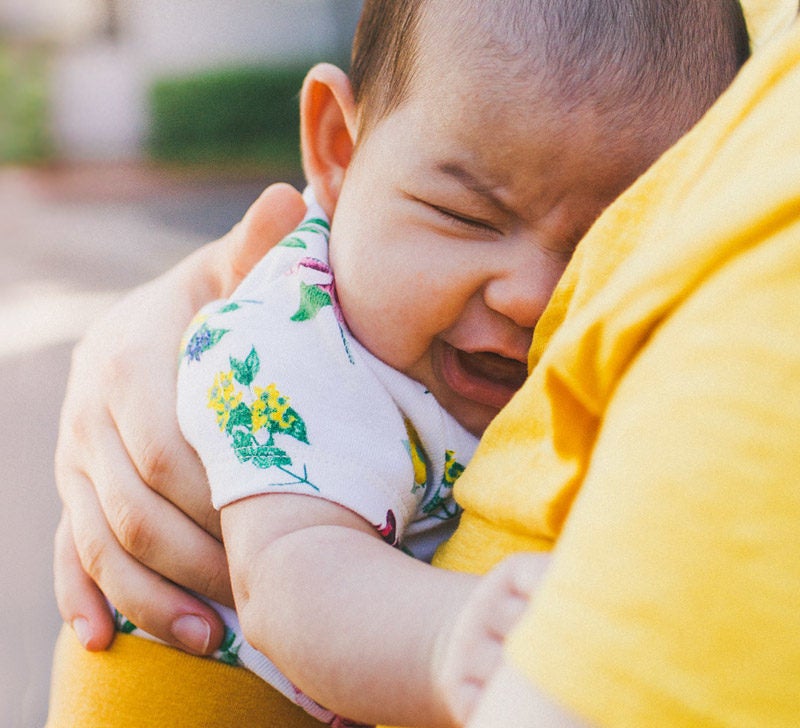
Baby Cries After Feeding What Should I Do

Why Some Babies Cry So Much Kay Anderson Md Ibclc
6 Ways To Soothe Your Crying Baby Breastfeeding Tips And Breast Pump Info For Moms From Medela Canada

Baby Cries After Breastfeeding 15 Reasons For Crying Bellybelly

Baby Cries During Breastfeeding Effective Ways To Deal With It
What Is Colic Causes Remedies And Symptoms Of Colic In Babies

Why Babies Cry So Much And How To Help A Baby Stop Crying Babycenter

My Baby Fusses Or Cries When Breastfeeding What S The Problem Kellymom Com

Newborn Crying What It Means And How To Handle It Parents
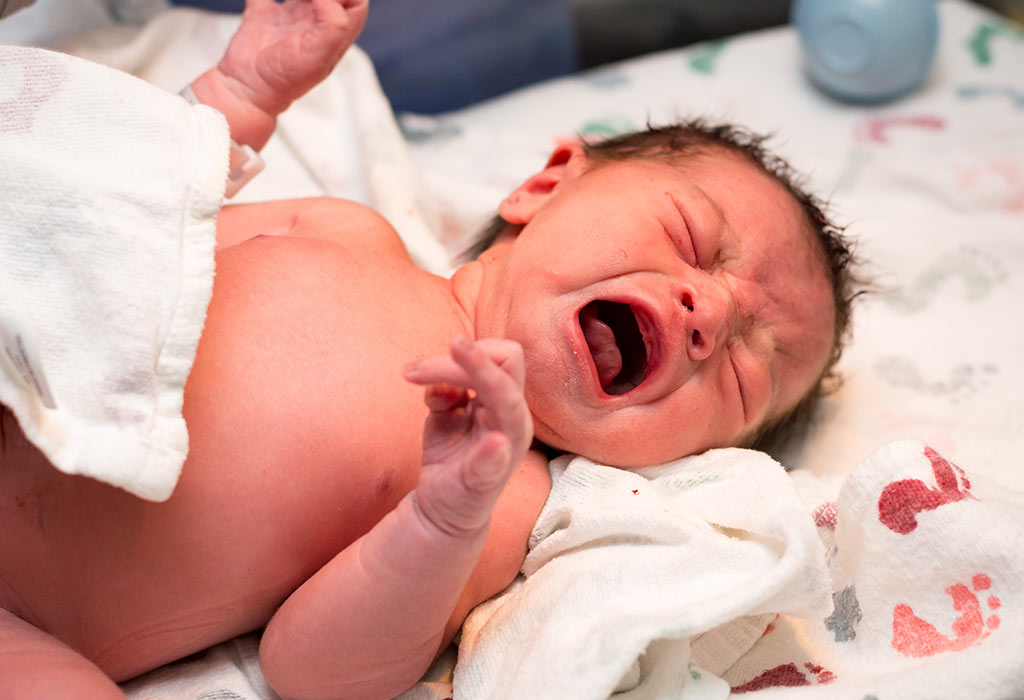
First Cry Of Baby Reasons And Why It Is Important

How To Know If It S Colic Or Normal Crying Sanford Health News
